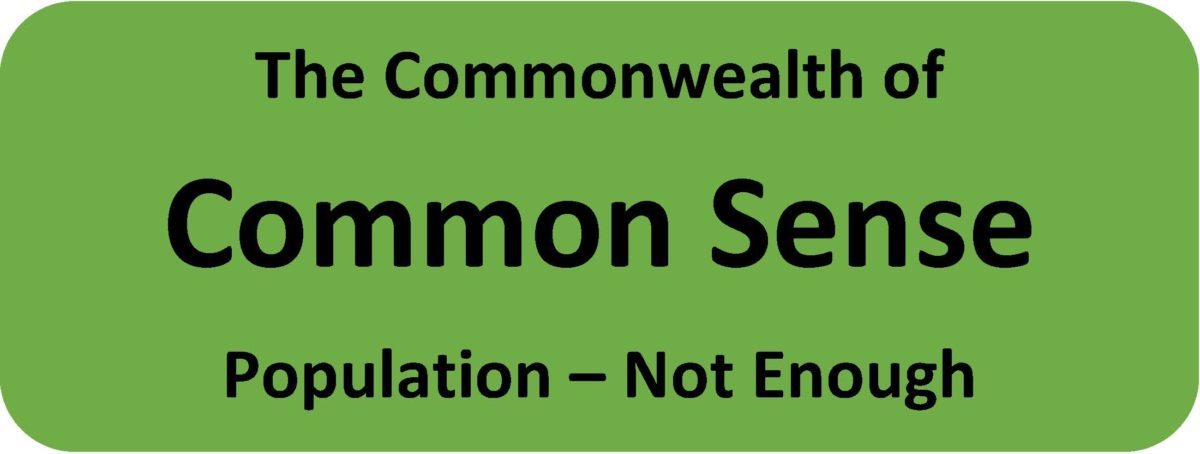“An economist is an expert who will know tomorrow why the things he predicted yesterday didn’t happen today. ” – Evan Esar
OR
“Figures don’t lie, but liars figure.” – Wiard B. Ebeling
In a couple of earlier posts, I alluded to the question posed above. Earlier this year I read the best seller by Thomas Friedman – “Thank You for Being Late”. I so much admire Mr. Friedman and respect his opinions. Not-by-design, I subsequently read a book by Dr. Robert Gordon, a renowned economist from Northwestern University entitled “The Rise and Fall of American Growth”. By the way, neither book is a “quick read”. But I found them both fascinating. While not posing this question, it occurred to me that both authors were really addressing the issue. Dr. Gordon’s book is really an economics treatise, but even a layman can appreciate the wealth of historical data and can gain a general understanding of his conclusions. Both authors clearly convey their “world-view” or as Mr. Friedman calls it how “The Machine” – “the world’s big gears and pulleys” – work. Both write about how they interpret what has happened in the past and how the world works now.
These two learned men certainly do not share the same view of how the Machine works. I think Dr. Gordon might include Mr. Friedman in a group that he calls “techno-optimists”. Friedman clearly has a great respect and hope for our technological advances, especially the latest advances in artificial intelligence, big-data and other information technology and communication advances. He believes they will propel us into the future. Dr. Gordon acknowledges these marvels as well, but the authors diverge in terms of what they mean to our economy now and what they will mean going forward.
I think it sells these scholars short to say that one is an optimist and one is a pessimist. Clearly, they see different roads ahead for us. Friedman believes that technology can play a large part in improving our economy and our lot in life. Gordon acknowledges the upsides of technology but feels that there are “headwinds” in our future that will more-than-offset what technology can do for us. Gordon does not predict doom and gloom, but the overall conclusion of his work is that our economy has come through a period in the twentieth century that can’t be replicated. He believes that going forward we need to reconcile ourselves to a lower rate of economic growth – our children may NOT be better off than we are and have been.
These excellent books have so much terribly interesting information that anything short of reading them could not capture it, and I won’t try. But of extreme interest to me is that BOTH authors see many of the same issues that need to be addressed going forward and surprisingly they largely agree on what should be done in problem areas such as rising income inequality and fairness in taxation, educational achievement and other opportunity improvements and demography and immigration. I have a too-long alternate version of this article that compares their approaches if anyone is interested. They have lots of other proposals and of course their ideas are much more nuanced that I can capture in a sentence. But it astounded me to see how many commonalities there are from these two very intelligent men who often see things quite differently.
SO, WHAT IS MY POINT? Here are two pretty bright guys – and they see the SAME REAL PROBLEMS in our country. Yes, they disagree on some things, but they have a lot in common too. Why can’t we get past some of differences we have in America and get something done about the areas in which we mostly agree? These problems are real and are not getting any better. Our political leaders seem to be more committed to the blame game than they are to solving our problems. I sometimes feel they will do things that are NOT in our best interest, if it will make the “other side” look bad. Clearly, I don’t have all the answers but I sincerely believe that if we continue down the paths of extremism and paralysis (on both the right and the left) our children WON’T be better off than us. I am not fatalistic. The future CAN be bright – but only if we stop wasting our energy in conflict and redirect that energy to achieving positive outcomes.
